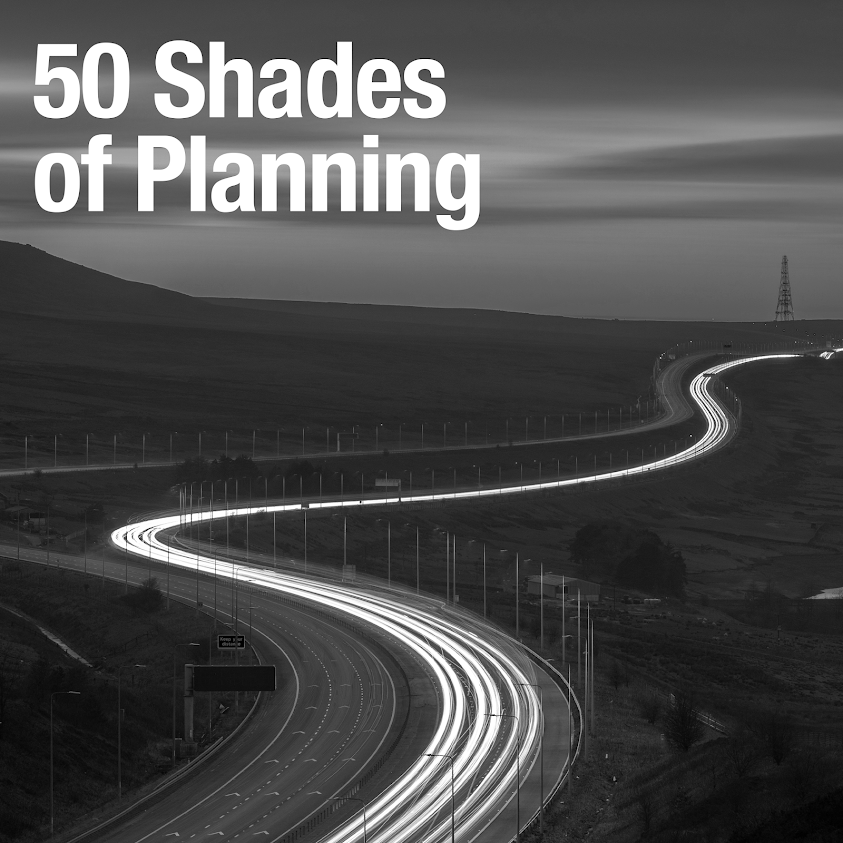David Orr, chief executive of the National Housing Federation, featured in an Inside Housing article recently in which he suggested that councillors are "deeply conflicted when balancing planning responsibilities and re-election strategy."
This is the piece:
In a blog post today Mr Orr continues the theme, stating that "where we need creative local leadership, we get cautious self-interest."
This is the blog:
I wholeheartedly agree that problems with planning are not, at root, systemic and welcome the light that he is trying to shine on the operation of the current system.
The suggestion, noting the conflict between planning responsibilities and re-election strategy, is for elected representatives to define a plan to be implemented by senior officials through the determination of major applications.
I might respectfully suggest here that Mr Orr underestimates the political nature of land allocation, which is no less contentious than the determination of planning applications themselves. The failure of so many LPAs to get development plans is down in no small part, I would contend, to the ability of councillors to kick controversial policy documents down the road.
I disagree with Mr Orr though that planning is not a first order issue when discussing the housing crisis. I would add the availability of land for housing to issues associated with the economy, affordable housing funding and local attitudes to development. Through the absence of development plans, and the time taken to determine applications, the planning system does not deliver sufficient land for development. As stated though, the system itself does not need fundamental change. It needs better councillors and better officers taking better decisions.
How to attract better councillors? A question for a different blog, but councillors might be encouraged to take better decisions if all councils operated on an 'all in, all out' basis. Local elections in three of every four years are not conducive to political stability.
How to attract better planners? Also a question for a different blog, but Mr Orr asks where planners have the opportunity to set out a great vision? The answer to that question is, for the very most part, unfortunately not within a LPA.
In my humble opinion (and I will perhaps attempt to answer the questions I have posed myself if I get another spare half an hour...) the current planning system affords the opportunity for planners to do great things. It is the system of local government within which planning operates that doesn't. Until next time...

Comments
Post a Comment